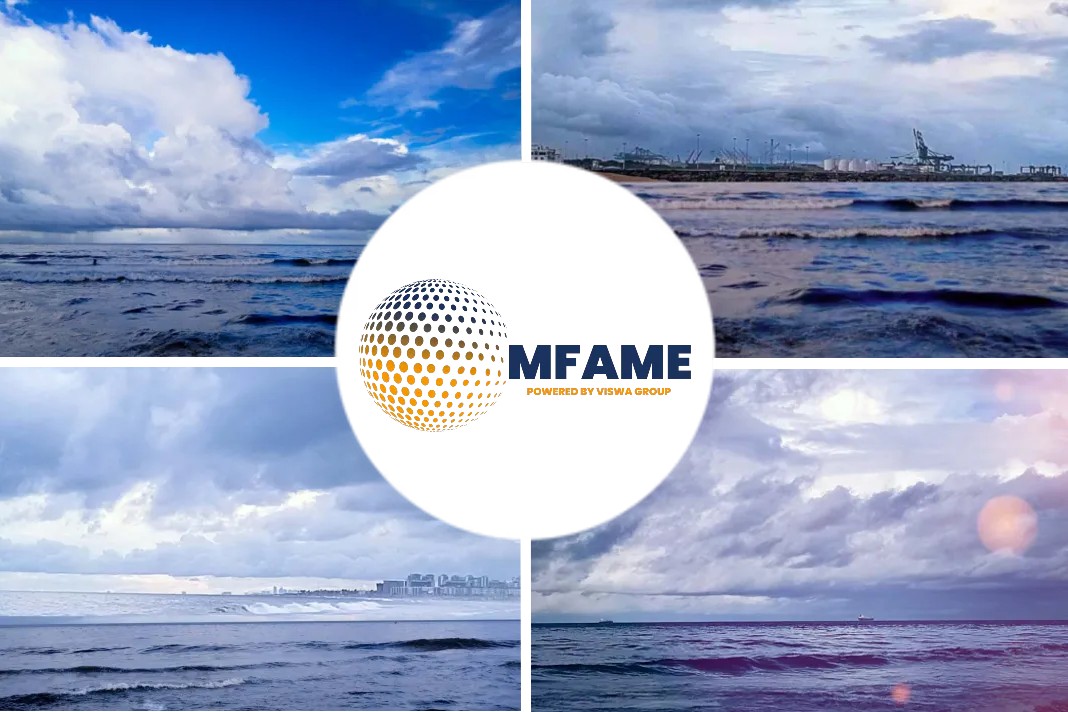
In the changing maritime landscape, our “Fuel for Thought” series explores alternative shipping fuels, addressing environmental regulations and climate change. Safety is paramount, as many fuels pose risks to health and the environment, requiring robust safety measures for crew, vessels, and marine ecosystems to embrace future fuel technologies.
Methanol- Green fuel
Methanol, a potential green maritime fuel, offers emissions reduction benefits and fits existing infrastructure and ship engines.
However, its extreme toxicity and flammability require meticulous handling, storage, and ventilation measures to ensure crew safety and prevent fires or explosions in confined spaces like engine rooms.
Ammonia: opportunities
Ammonia, a candidate for near-zero carbon propulsion, presents safety and environmental challenges due to its toxicity and flammability.
Robust safety protocols and risk mitigation strategies are essential for its successful adoption in the maritime sector, requiring careful atmosphere testing in confined spaces to safeguard crew members.
Mitigating Risk
- Proper fail safes and inspections: Regular inspections of fuel storage systems, pipelines, and equipment are crucial for both methanol and ammonia to identify potential leaks or vulnerabilities. These mechanisms offer a robust defense against leaks and enable rapid response measures.
- Automated shutdown mechanisms: Automated shutdown mechanisms are effective for both methanol and ammonia to swiftly respond to unexpected releases. These mechanisms can prevent further leakage and mitigate potential risks, enhancing the safety of crew members and the environment.
- Effective ventilation systems: Effective ventilation systems are equally important for both methanol and ammonia. In confined spaces such as engine room bilges, proper ventilation is essential to redirect vapors safely away from crew areas.
Safety Management
Methanol and ammonia present unique challenges, necessitating a unified safety approach. Access to comprehensive safety documentation, checklists, and protocols is vital for mitigating risks associated with these fuels and fostering a safety-conscious culture.
A digitalized repository of safety information offers a standardized approach adaptable to diverse vessel operations, ensuring a responsible and hazard-protected transition to alternative fuels in the maritime industry.
Digital technology
The journey towards a greener future in the maritime industry presents both promise and challenges. Safety management takes center stage, demanding robust protocols, fail-safe measures, and a culture of risk mitigation.
Digitalized safety platforms provide fleet-wide adaptability, customizability, and standardization, ensuring unwavering safety as the industry transitions to alternative fuels.
Did you subscribe to our daily newsletter?
It’s Free! Click here to Subscribe
Source: OneOcean
















Thanks for every other informative site. The place else
may just I get that type of info written in such a perfect approach?
I’ve a mission that I am simply now operating on, and I have been on the
glance out for such info. I saw similar here: E-commerce
hi!,I like your writing very much! share we
be in contact more about your article on AOL?
I need an expert on this area to resolve my problem. Maybe
that is you! Looking forward to look you. I saw similar here: Sklep online
Hola! I’ve been reading your website for a long time now and finally got
the courage to go ahead and give you a shout out from Lubbock Texas!
Just wanted to tell you keep up the great job! I saw similar
here: dobry sklep and also here: najlepszy sklep
Wow, awesome blog format! How long have you ever been running a blog for?
you made blogging glance easy. The total glance of your web site is magnificent,
let alone the content! You can see similar: sklep internetowy and here najlepszy sklep